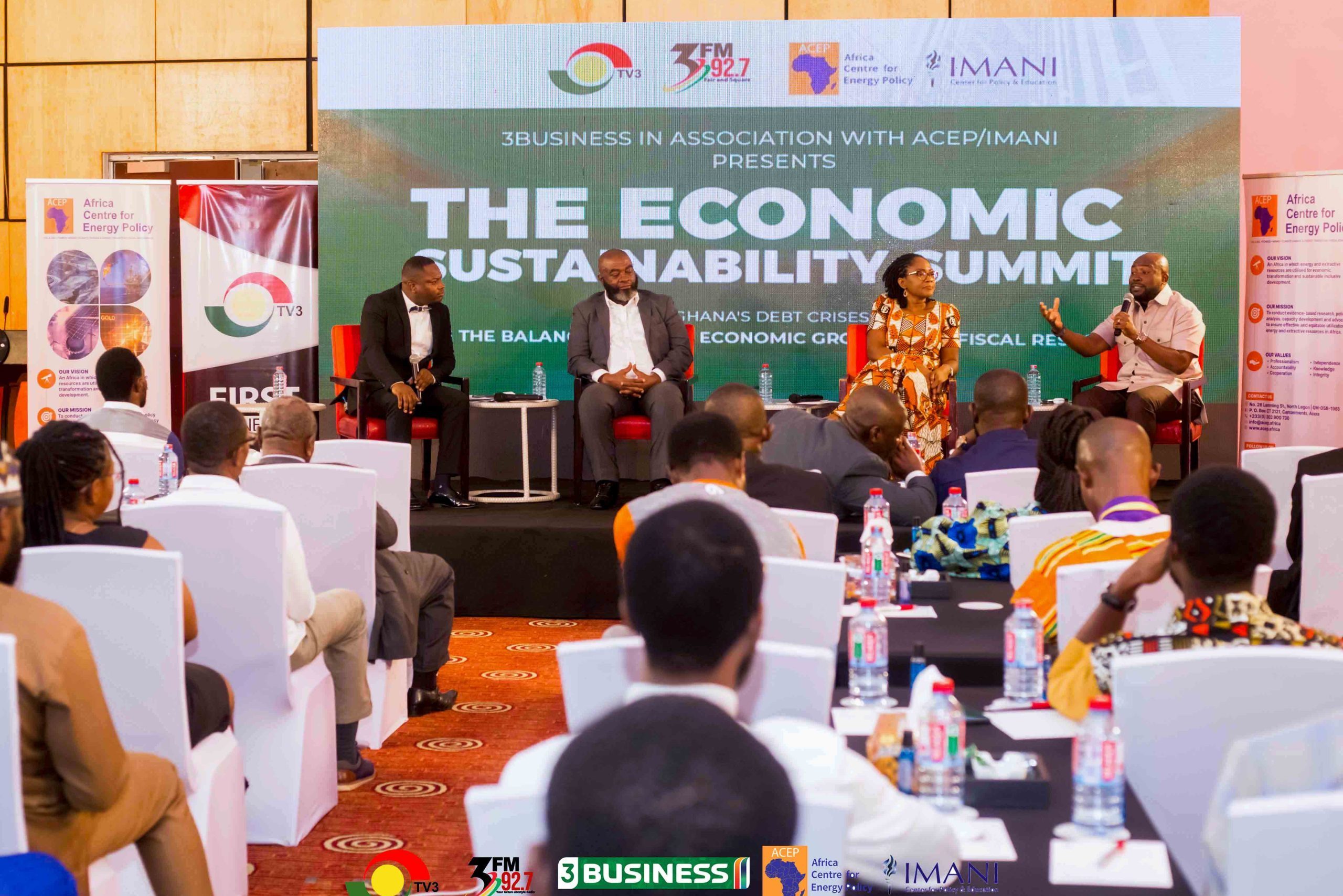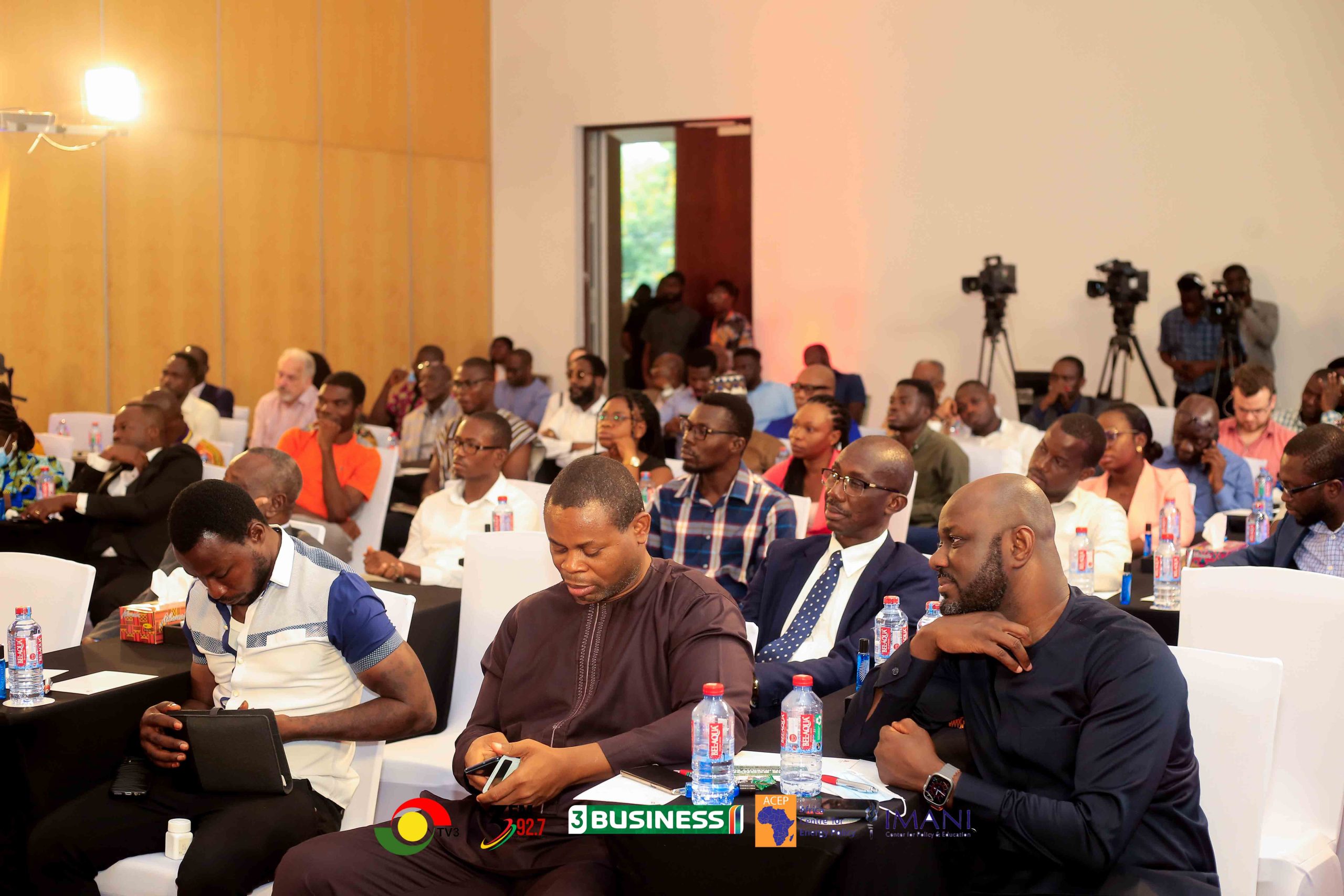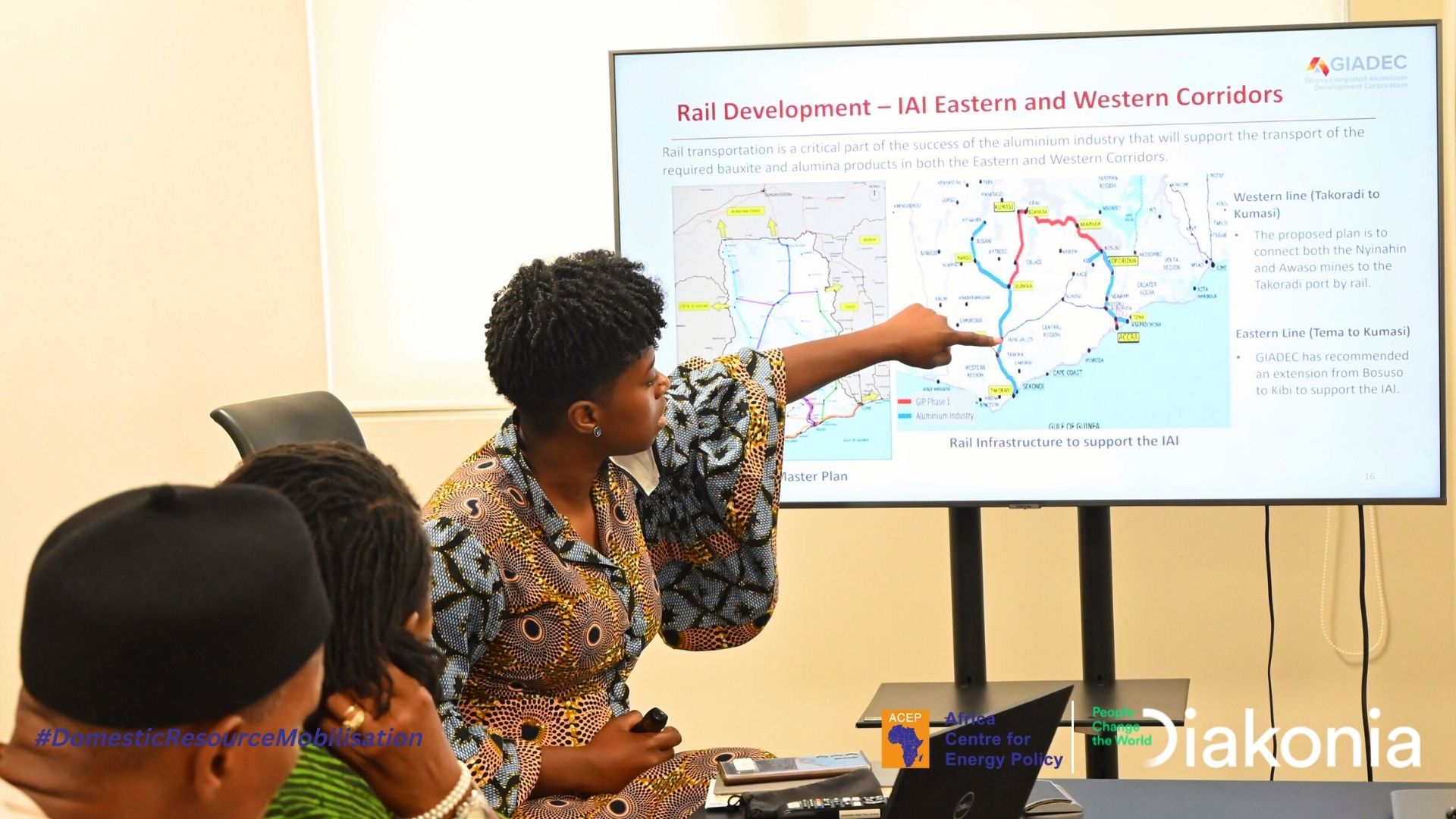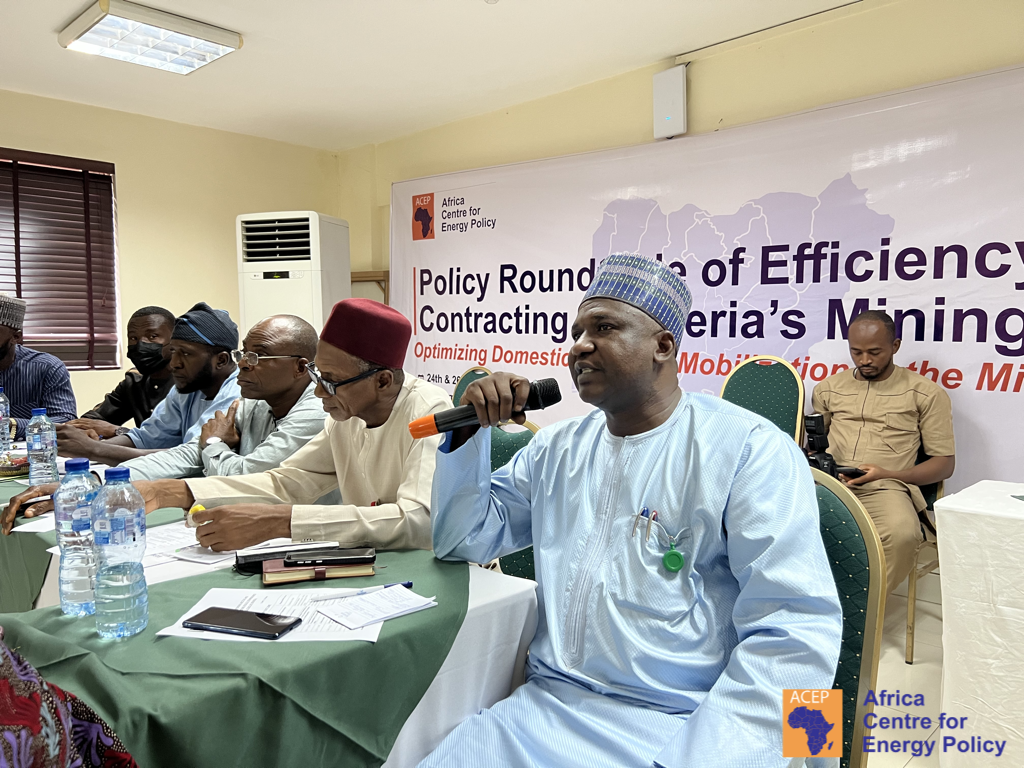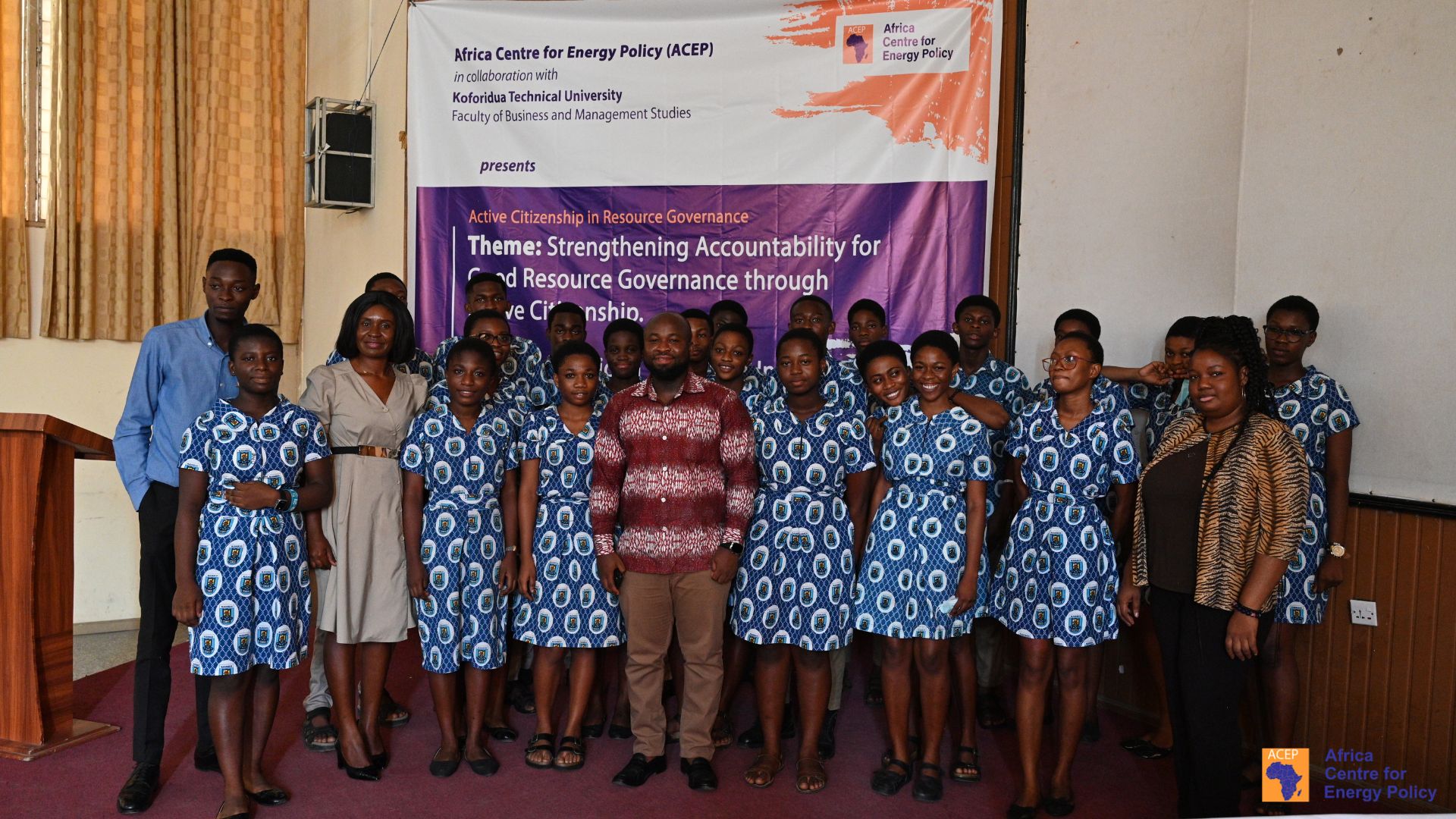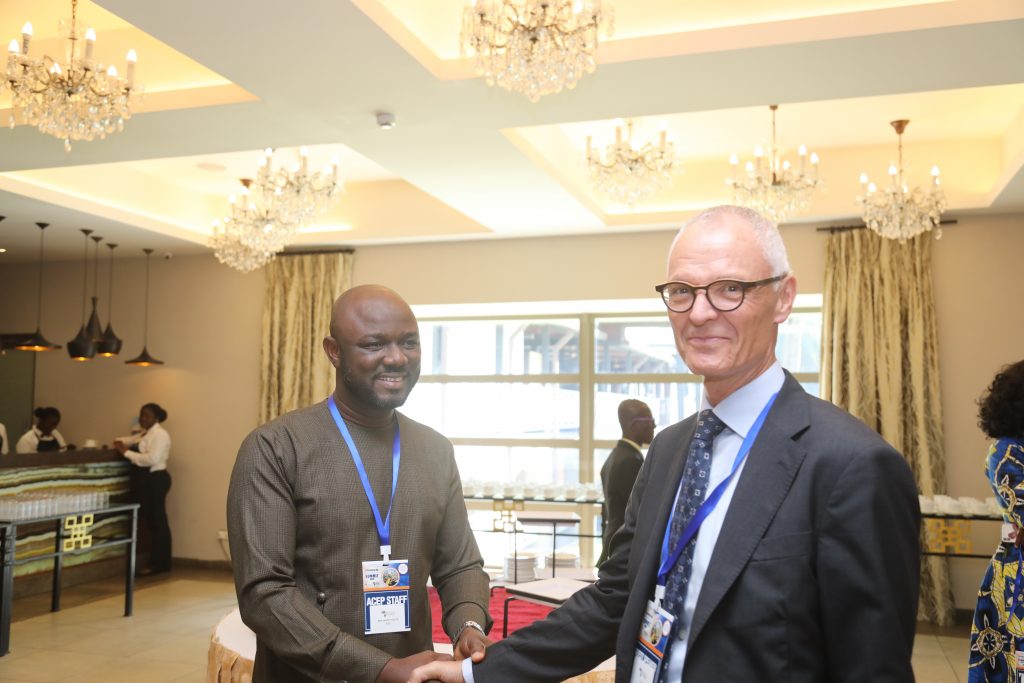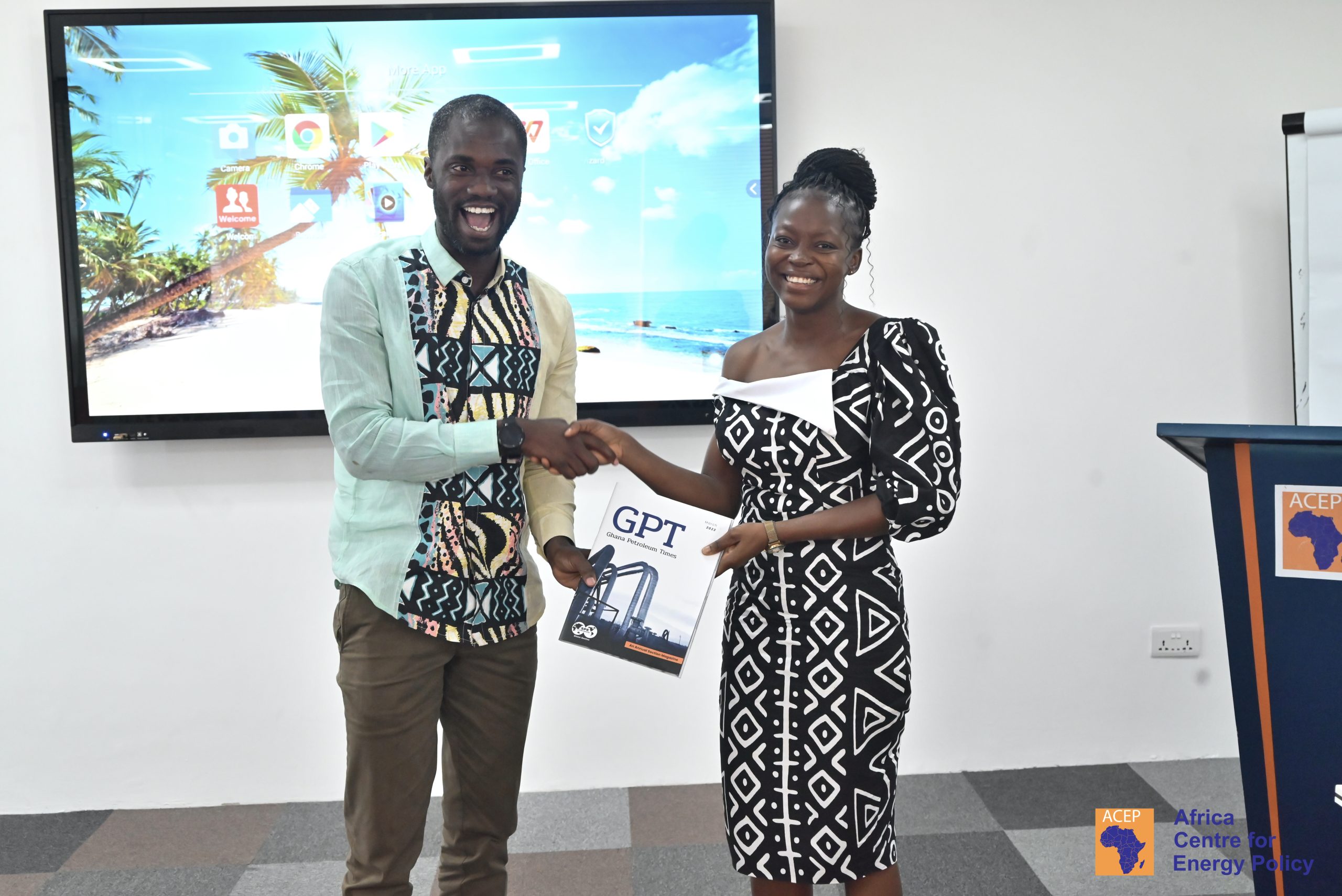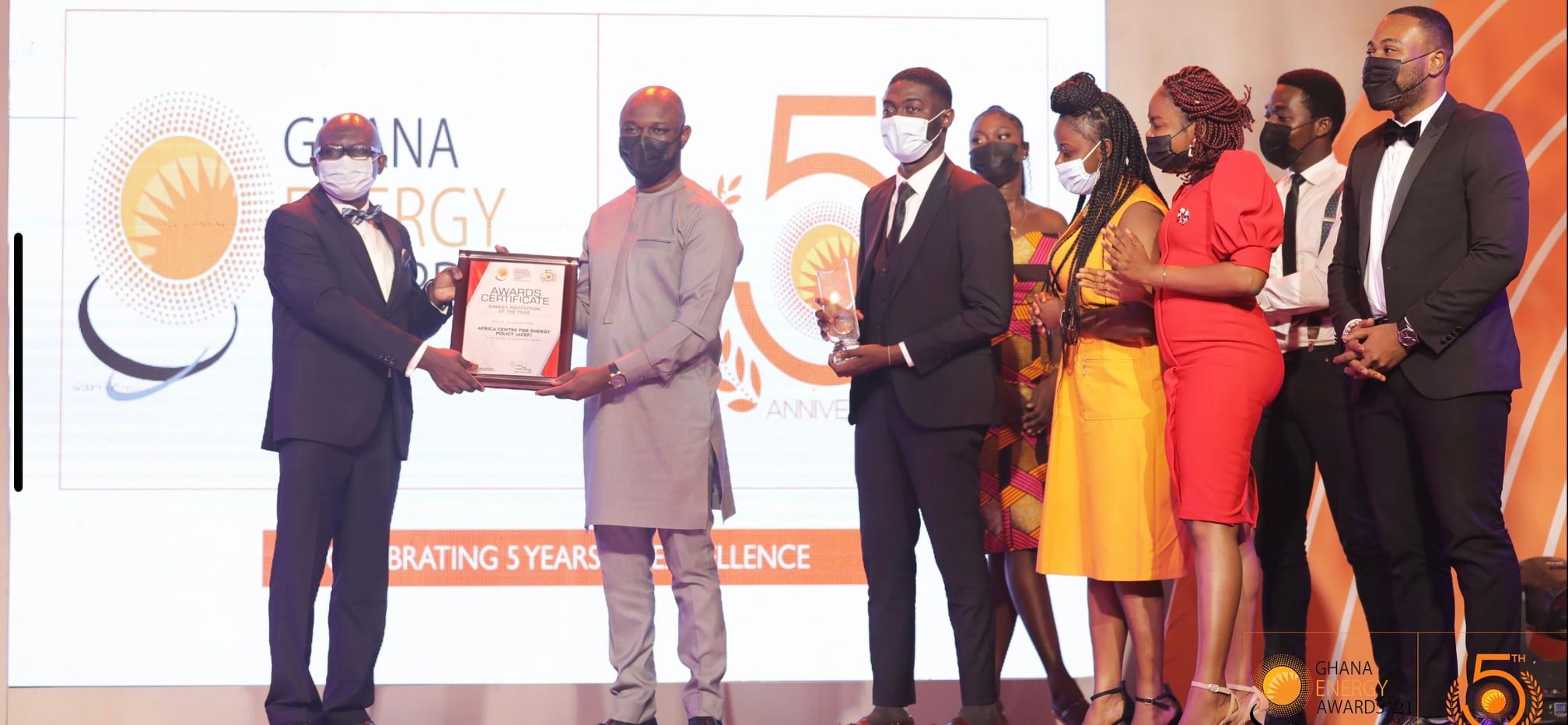
Resource Governance
Leaders Program
The Next Generation Resource Governance Leaders Program is an internship designed to balance theory with real-world application and equip participants with the requisite multi-disciplinary intellectual development, practical skills, and research abilities to think in more innovative ways to solve complex governance challenges.
The Program aims to build a pipeline of young pan-African leaders to provide a sustainable path for good governance through training and nurturing young people in an enabling working environment through a structured capacity development process. Trainings will focus on resource governance in Africa and beyond, transformational leadership, professional and career development, digital communication and technology skills. Essentially, interns will be exposed to the requisite tools and skillsets needed to set and achieve realistic personal and professional goals to succeed in the world of work while upholding ethical leadership .
ACEP is hereby calling for the 10th cohort of the Program.
The applicant must be a young African residing in Africa, aged not exceeding 32 years, who demonstrates a passion for ensuring the continent’s vast energy and extractive resources contribute to sustainable and inclusive development. Among other qualifications, the applicant must possess:
- Relevant academic qualifications, preferably in any or a combination of economics (including energy), engineering (petroleum/electrical), oil and gas management, public policy, law, political economy, development studies, development finance, project management, communications, statistics, mathematics, etc.
- Good writing skills with clarity and logical flow of thought
- Adequate knowledge of relevant qualitative and quantitative analytical tools (R, Stata, Eviews, NVivo, Atlas.ti etc.)
- Ability to multitask, prioritize, and meet multiple deadlines
- Good interpersonal skills and team spirit
- The ability to think creatively and take the initiative in solving problems
- A good sense of ownership and responsibility for his/her decisions and actions
- A strong sense of leadership
NextGen Leaders will deliver timely and quality evidence-based policy analysis, training, and advocacy through strong collaborations, ensuring that ACEP remains a thought-leader in Africa’s energy and extractive policy space. Specifically, the NextGen Leaders will:
- Contribute to writing research reports and policy briefs on the energy and extractives sector of Africa
- Support stakeholder engagement activities on ACEP’s outputs and position on energy and extractive sector issues in Africa
- Contribute to the planning, implementation, and evaluation of annual programs
- Support organizational development activities
- Support in resource mobilization efforts, including grants and proposal writing
- Contribute to program management, monitoring and evaluation (M&E) activities
ACEP will provide:
Support for growth and development through:
- Opportunities for training and development
- Coaching, mentorship, and peer support
- Creating room for creativity and innovation
A generous stipend and lunch for the duration of the program.
Decent accommodation for international NextGen Leaders.
An approved return ticket from the NextGen Leader’s home country to Ghana.
- Curriculum Vitae (CV):
- Present your CV chronologically, listing the most recent experiences and achievements first.
- Higher Education Degree Certificates:
- Submit only copies of certificates for your completed higher education degrees (e.g., Bachelor’s, Master’s, or equivalent).
- Do not include high school certificates or diplomas.
- For certificates not in English, attach their English translations to the corresponding document within the same PDF file.
- Motivational Statement:
- Submit a written statement explaining your reasons for applying to the NextGen Program. It should outline your goals, aspirations, and how your background and interests align with the program’s objectives.
- Limit this to 500 words.
- Reference Letter:
- Provide a current written reference from one of the following: a university lecturer, a former employer, or any other professional (not a family member)
- Essay Response:
- Submit a written response to one of the two provided essay questions.
- You can find the application essay questions here
- National ID
Important Notes:
- All required documents should be combined into one PDF file and uploaded in the designated section of the application form.
- Ensure documents not in English have their English translations attached to the corresponding document within the same PDF file.
Please Note:
- Answer only one (1)
- Your answer should not exceed 500 words (excluding bibliography)
- Use of ChatGPT or other AI assistance is strongly discouraged.
- Copying content from other sources without proper attribution is unacceptable.
- Include your full name and the number to the question you’re answering at the top of your essay response.
Question 1
Africa’s mineral endowment has often been discussed within the context of global demand and supply trends, reinforcing a long-standing export-driven minerals industry largely focused on high-value precious minerals. In contrast, the development of domestic markets for non-precious or industrial minerals has received comparatively limited policy attention. Using relevant country or sectoral examples, critically assess the key challenges and opportunities for developing the industrial minerals sector in Africa.
Question 2
Greenhouse gas emissions are widely recognised as the primary drivers of global warming and, consequently, climate change. The energy sector is a major source of these emissions. Which greenhouse gases are most relevant to the energy sector, and how can their emissions be effectively managed? Illustrate your discussion with relevant examples.
The language of instruction for the program is English. Applicants are expected to have a working knowledge of the English language.
All required documents are key in the selection process. Successful candidates who make it through the initial review will be invited for an interview.
Interested individuals can apply by clicking the button below. Applicants are required to provide answers to the questions asked in the application form and upload the required document as one PDF file in the appropriate section. Applications close at 11:59 PM GMT on Thursday, January 15, 2026.



